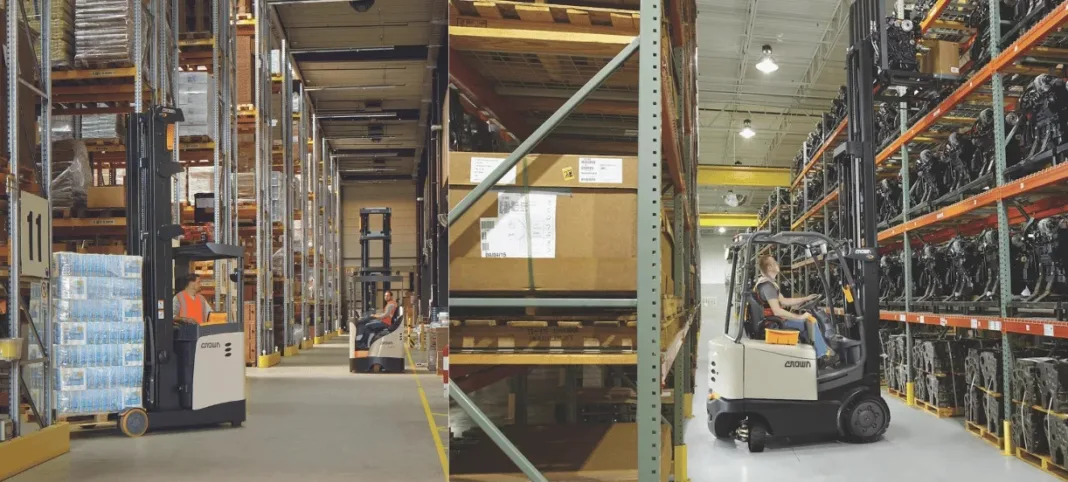In the fast-paced world of warehousing and logistics, optimizing efficiency is key to meeting the demands of modern commerce. Forklifts, with their versatility and power, play a pivotal role in streamlining operations and maximizing productivity. This article explores the various ways in which forklifts elevate efficiency within warehouse environments.
The Power of Forklifts
Forklifts are the indispensable workhorses of warehouses, renowned for their ability to lift and transport heavy loads with unparalleled ease. Armed with sturdy forks and advanced hydraulic systems, they effortlessly move pallets and materials, significantly reducing the reliance on manual labor and expediting operational processes. By mechanizing tasks that would otherwise be labor-intensive and time-consuming, forklifts empower warehouses to efficiently manage increased volumes of goods, thereby enhancing productivity and throughput.
Versatility in Action
Forklifts are renowned for their exceptional adaptability and versatility, allowing them to excel in a variety of environments and handle numerous tasks with ease. Whether navigating narrow aisles in crowded warehouses or reaching high storage racks with precision, forklifts demonstrate remarkable agility and efficiency. Forklift hire enables warehouses to optimize space utilization efficiently, accommodating diverse inventory types and fluctuating demand dynamics. By leveraging the versatility of forklifts, warehouses can enhance overall operational efficiency, adaptability, and responsiveness to evolving business needs.
Technological Innovations
Advancements in technology have revolutionized the capabilities of forklifts, enhancing both efficiency and safety in warehouse operations. Automated features such as navigation systems and proximity sensors enable forklifts to operate with precision and awareness, reducing the risk of accidents and collisions. Additionally, integrated telemetry systems provide real-time data on forklift performance, enabling proactive maintenance and optimizing fleet management strategies. These technological innovations not only improve productivity but also enhance workplace safety, creating a win-win scenario for warehouse operators.
Streamlining Workflows
Forklifts serve as indispensable assets in optimizing warehouse workflows, ensuring seamless material flow from receipt to dispatch. Their efficient movement of goods across storage areas, production lines, and shipping docks minimizes bottlenecks and maximizes throughput. Forklifts’ adaptability to shifting demand patterns and operational needs enables warehouses to sustain high productivity levels amid dynamic environments. With their versatility and reliability, forklifts play a pivotal role in maintaining efficient warehouse operations, ultimately contributing to overall business success.
Training and Skills Development
Maximizing the efficiency of forklift operations requires skilled and well-trained operators. Proper training ensures that forklift operators are proficient in handling equipment safely and efficiently, minimizing the risk of accidents and downtime. Investing in ongoing skills development not only enhances individual performance but also contributes to overall warehouse productivity. By empowering forklift operators with the knowledge and skills they need to excel in their roles, warehouses can achieve greater levels of efficiency and operational excellence.
Conclusion
Forklifts are indispensable tools for maximizing warehouse productivity, offering a combination of power, versatility, and technological sophistication. By harnessing the capabilities of forklifts and investing in training and technology, warehouses can elevate efficiency, streamline workflows, and meet the challenges of today’s dynamic supply chain landscape with confidence.





